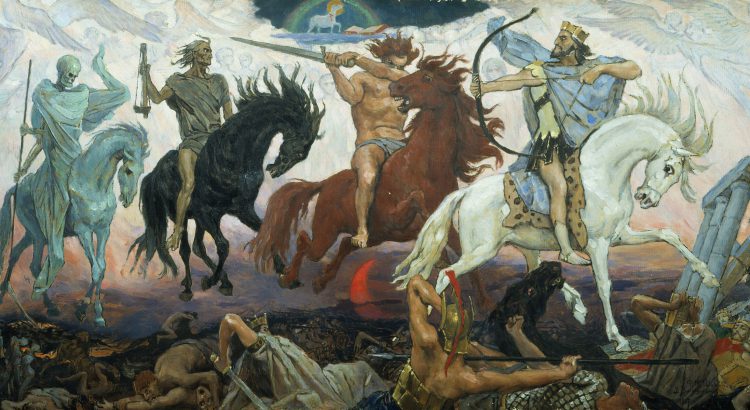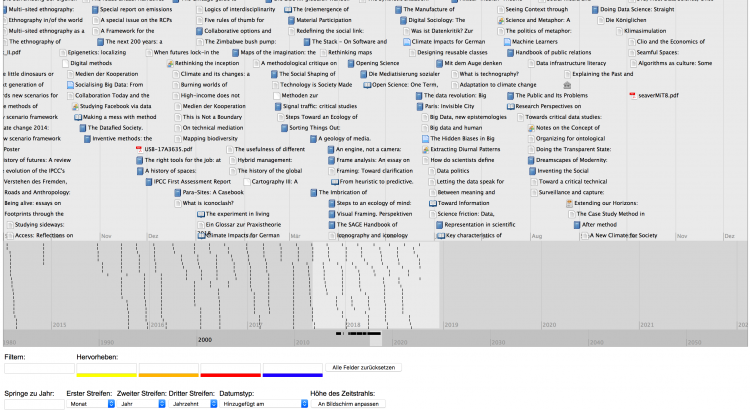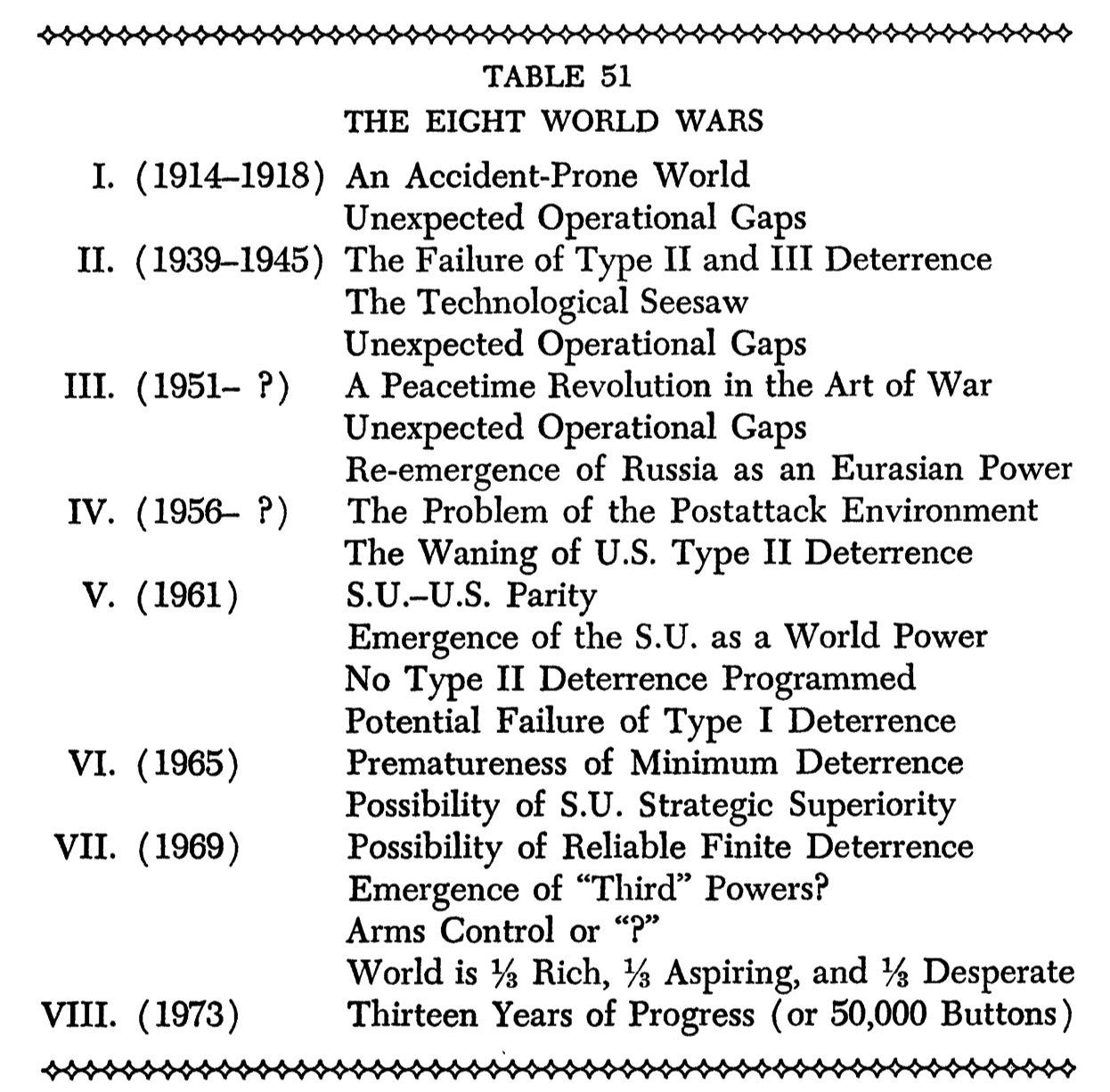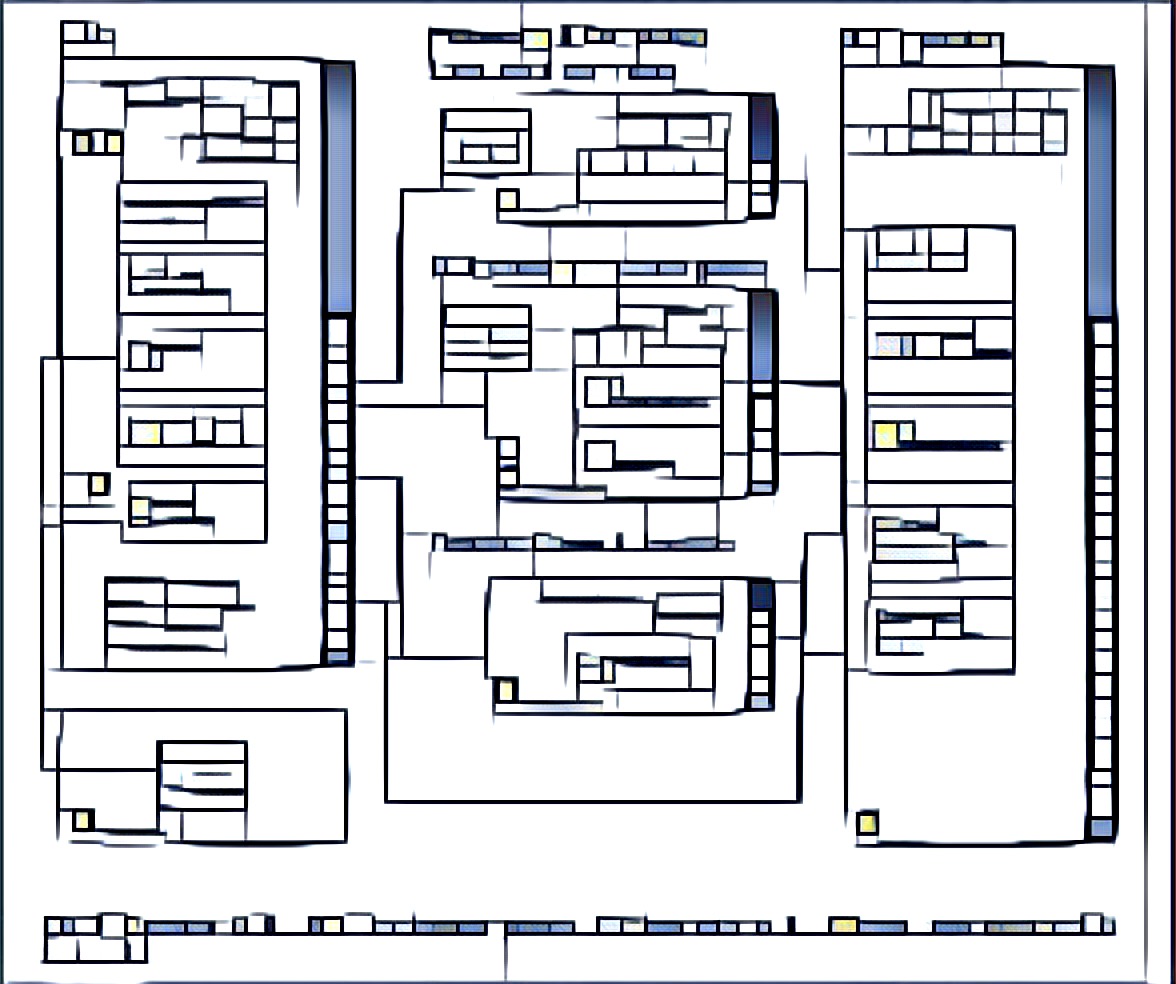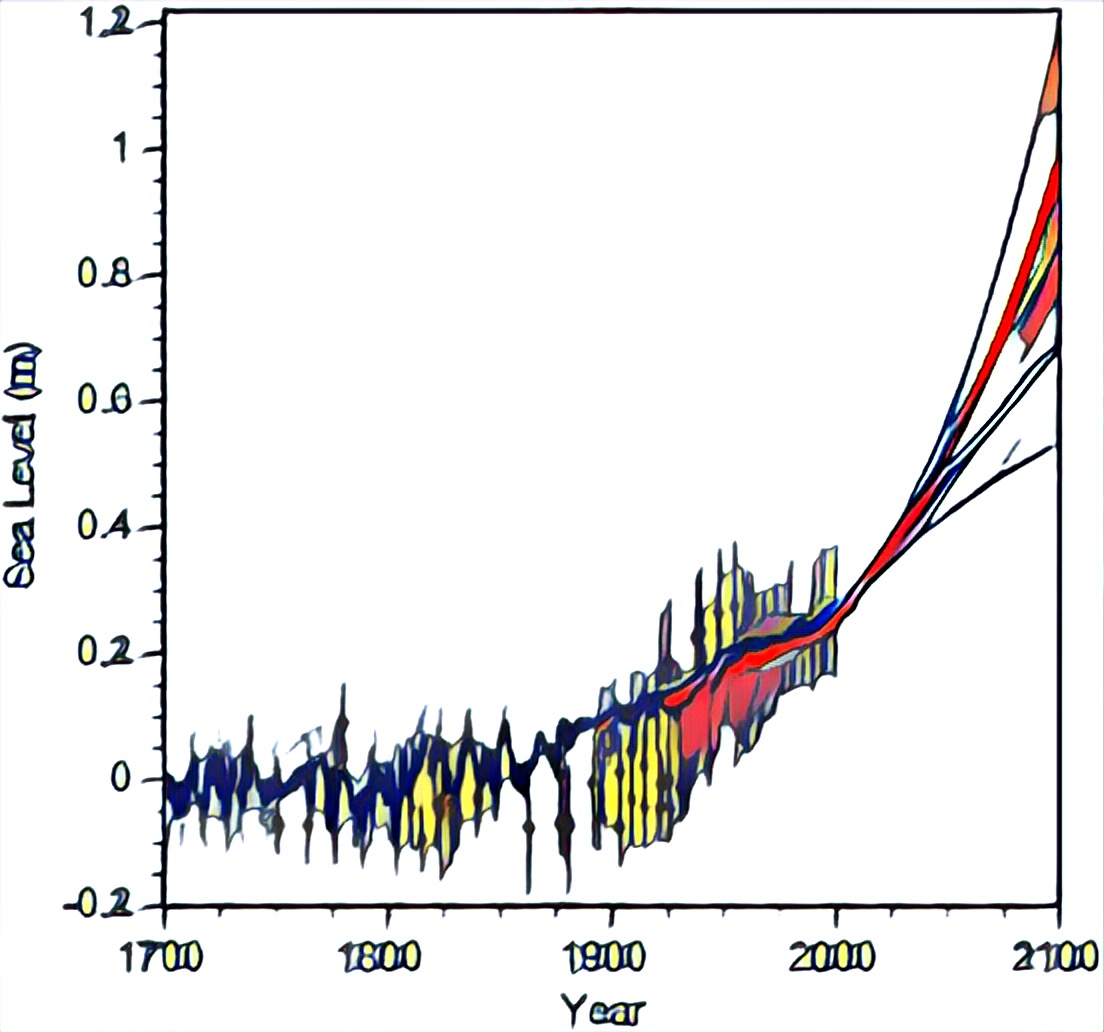// open methods note 1
How can I share references to scientific literature with others? – online and hopefully using open source infrastructure?
What might be the best way to give others access to this literature, to create meaningful access points to a body of literature?
Goal
Building on my on research and body of literature, the plan is to collect a list of references useful for social scientists investigating data practices, infrastructures, economies and publics. These may be media scholars researching the use of social media platforms, sociologists dealing with digital knowledge infrastructures, or anthropologists unraveling data practices in Silicon Valley start-ups.
Infrastructuring
Given that I used Zotero to collect and sort my scientific literature, this will be the starting point of this little project. Zotero is an open-source application and project. The cloud service is funded by the US-based, non-profit project partners and maintained by AWS (Amazon Web Services) on their US-East servers (in Virginia?). More information on privacy issues and policies here.
Access points and pathways to knowledge
How can I navigate people to the specific resources valuable for them? I am currently tagging all my relevant Zotero entries with tags. As becomes clear to me in the process of doing, developing a useful tag structure involves the imagination of an audience for the reference collection. It also mirrors the cognitive classes in my brain, partly structured explicitly through my PhD work, partly retrieving older and deeper layers of my unconscious. Some preliminary classes: method (digital methods, historical research), school of thinking (practice theory, sociology, sts, anthropology), research phenomenon (facebook research, data-science, simulation).
Does it have to be a database query field?
I discovered a nice feature in Zotero 5 that lets you visualize your literature in an interactive timeline. Below, my latest inspirational influx (ordered by the dates works where added to the library). Epistemological value: trace your shifts and realignments in theory, method, and research object. For me, from visual and cultural studies to digital STS, with occasional peaks in post-representational cartography and media anthropology.

Going online
Zotero allows the publishing of libraries through a cloud server. Setting up the syncronization between my local library and the cloud is easy, but requires setting up an account at zotero.org. You then enter the login details in the preferences/sync section of your standalone Zotero application and you’re done. With a basic subscription to the cloud, users receive free storage up to 300 MB. Additional storage can be purchased via annual subcription plans.
How open is online?
Finding the information (my website, post, library), create a login/account, have an internet connection, access via computer hardware, be digitally literate, understand English, being able to read. In general, to make an information ‘open’ means to overcome some access barriers while discarding others. To categorize is to position oneself. I will try to tackle the login and visibility issues and discard everything else (my positioning).
A first version of the open library and access point
